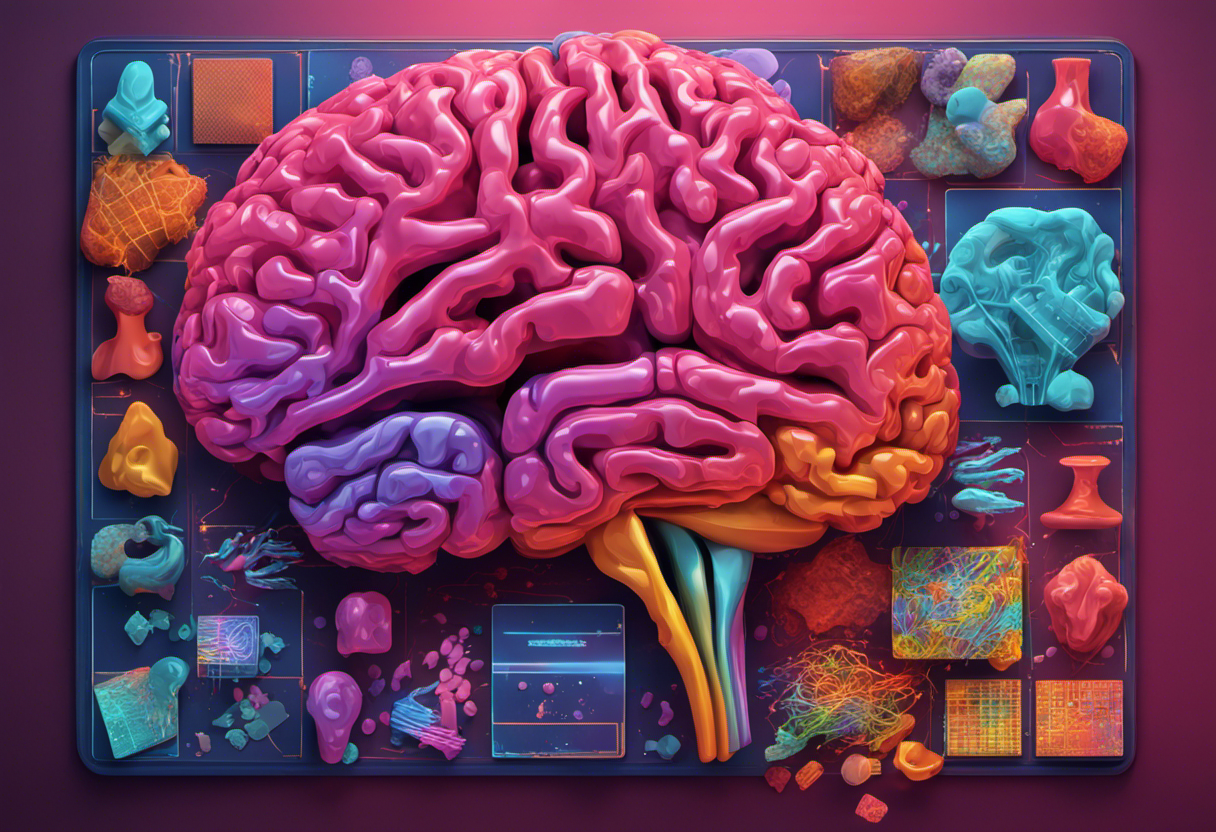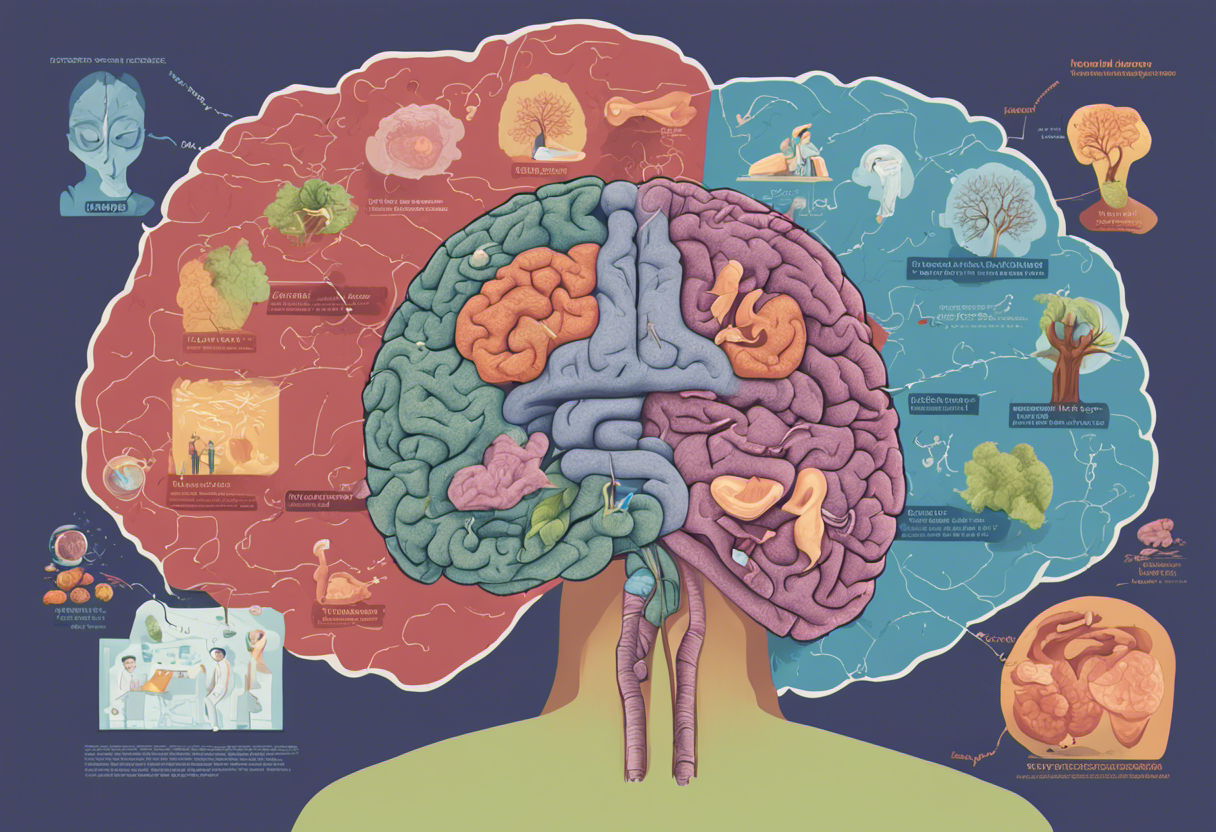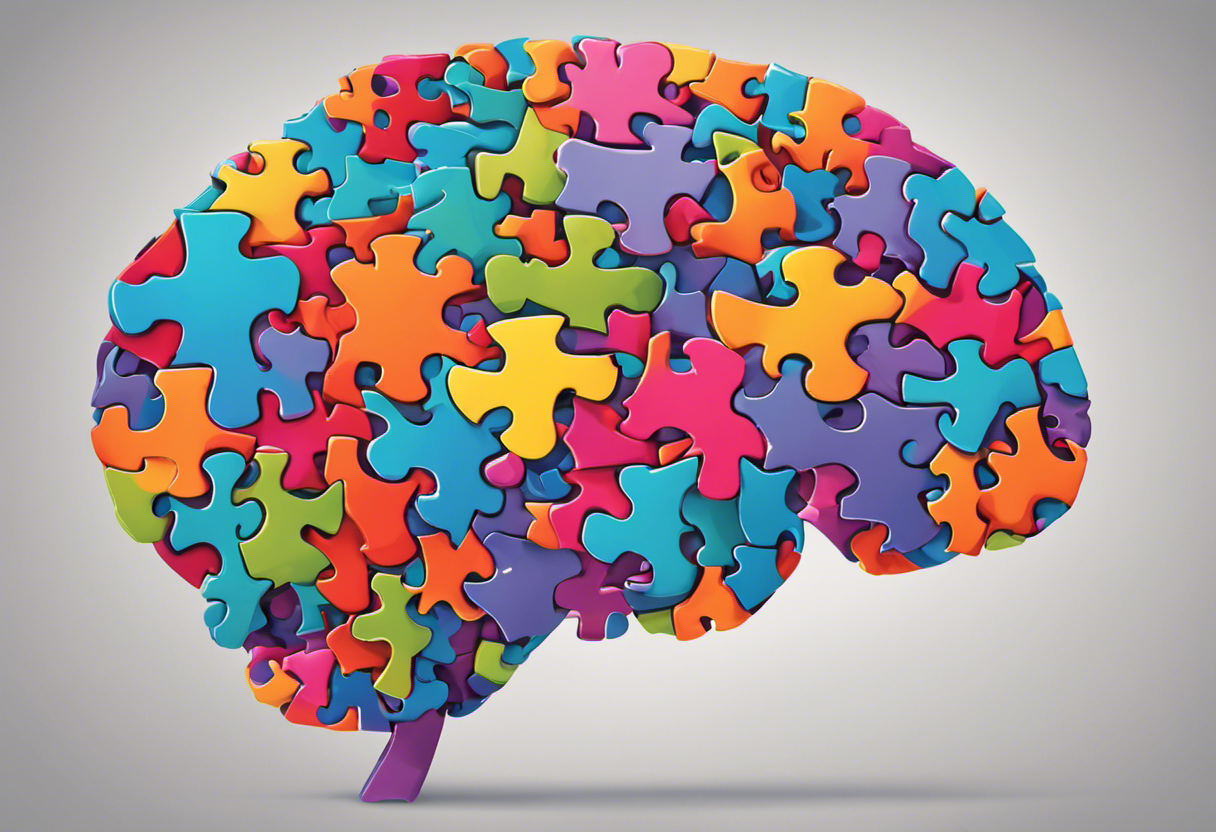Boost Your Brainpower: A Comparative Look at Memory Games and Brain Training Apps

Have you ever been in the middle of a thought-provoking book and suddenly couldn’t remember a core character’s name? Or walked into a room only to forget why you entered in the first place? These universal experiences underscore one incontrovertible truth: our brains need workouts just as much, if not more than our bodies. The conversation around mental fitness has grown louder recently, with advocates championing two main approaches: memory games and brain training apps.
Interestingly, this isn’t just another fad prompted by our tech-savvy world. In fact, mental exercise has deep roots dating back to Ancient Greece, where intellectuals used techniques like mnemonic devices to improve memory. Fast-forwarding to today, digital technology offers us novel ways for brain enhancement.
This article enlightens you on how memory games and brain training apps work their magic on your mind. You’ll learn about their scientific foundations and tangible benefits from regularly participating in these cognitive workouts. As we trace parallels and draw distinctions between both methods, you’ll gain insights into which approach might best serve your personal or professional needs.
Whether aiming for advancement in your career that requires razor-sharp memory or simply wanting to delay the onset of aging-related cognitive decline – enhancing brain function matters. And with this piece, you’re starting an enlivening journey toward unlocking the full potential of your mind.
Understanding Memory Games
Memory games are essential cognitive tools that serve as entertaining pastimes and enhance our mental capabilities. They involve various simple tasks to exercise your brain, boosting your memory retention capabilities and overall mental fitness.
Definitions and Examples of Memory Games
Memory games are designed to heighten our ability to recall information, usually through active mental engagement that challenges cognitive abilities. Classic examples include Card Matching or “Concentration”, where players uncover cards individually in the hope of making a match. There’s also Simon Says, an auditory memory game that requires one to remember sequences of colors or sounds.
Technological advancements have evolved how memory games are played with the developments of gaming apps such as Lumosity and Peak. These digital platforms incorporate numerous memory-enhancing activities designed scientifically to challenge different aspects of cognitive functioning.
The Science Behind Memory Games
Scientifically, when you engage in memory games, you stimulate the brain’s hippocampus region—the area primarily associated with learning and memory. It’s a workout for your cognition, encouraging neuroplasticity – the brain’s innate capability to develop neuronal connections according to environmental stimuli or changes organically. The more you practice these games, the stronger those neuronal connections become, like muscles growing stronger with workouts.
Moreover, some neuroscientists argue that memory games might contribute to building a cognitive reserve—a form of mental resilience that can potentially delay symptoms of degenerative diseases like Alzheimer’s.
Benefits of Playing Memory Games
Playing memory games yields numerous benefits beyond mere amusement. They act like a gym for your mind while offering highly engaging and enjoyable tasks.
Improvement in Cognitive Functions Through Memory Games
Regularly indulging in these mentally stimulating exercises can improve your overall cognitive function. Notably, they help boost short-term working memory – which is critical for skills such as following directions or problem-solving.
Furthermore, studies suggest possible benefits extending into improvements in ‘fluid intelligence’ – the capability to reason and solve novel problems. As we age, these benefits become even more valuable, combatting the cognitive decline associated with aging.
In addition, memory games can foster essential life skills such as focus, concentration, and attention to detail. They promote mental agility, making it easier for the brain to switch between different tasks efficiently.
Thus, incorporating memory games into your daily routine is a fun way to encourage mental fitness and improve cognitive function – something that can benefit everyone in our intellectually demanding world.
Conclusion
In summary, memory games are a powerful tool that can effectively boost mental fitness and cognitive functions. These games stimulate the brain’s hippocampus and play a crucial role in building cognitive reserves that can improve short-term memory and fluid intelligence.
With additional benefits such as enhanced focus, concentration, and mental agility, memory games offer far-reaching impacts, ensuring we remain sharp in an ever-evolving intellectual landscape. So, why not consider incorporating memory games into your daily routine? The journey towards improved mental fitness could be just a game away! Discover the world within your mind and let the power of memory games lead the way.




Comments